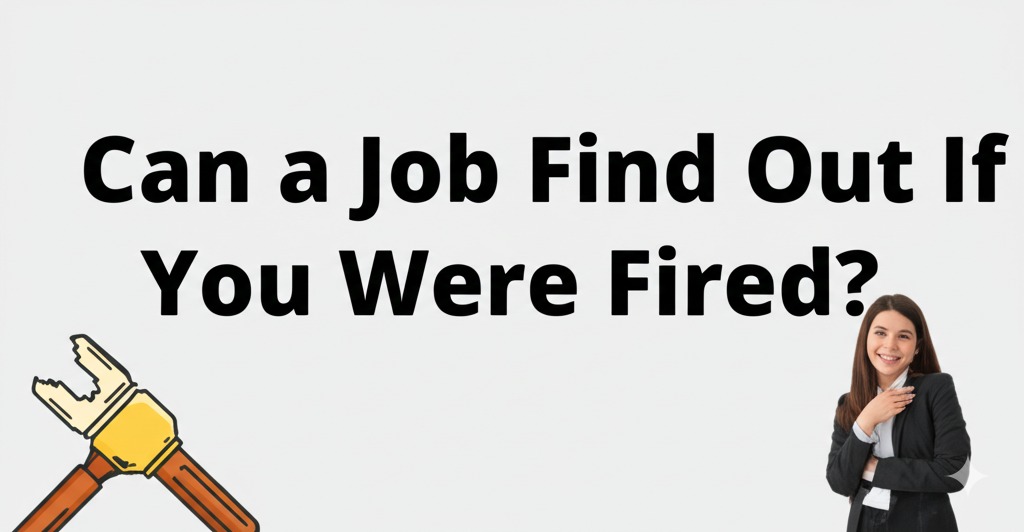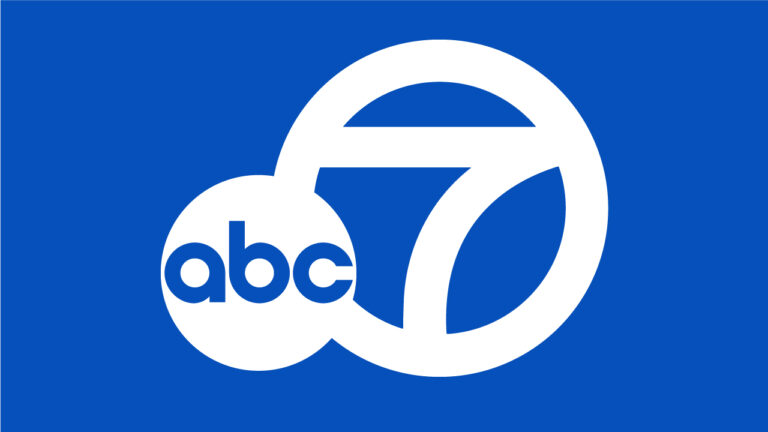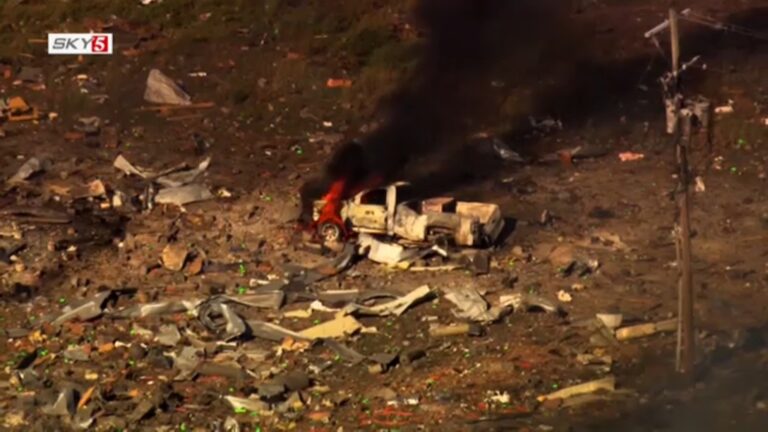
Getting fired can feel like a setback—but it doesn’t have to haunt your job search forever. One of the biggest concerns job seekers have is whether a new employer can find out if they were fired from a previous position. It’s a valid concern, and understanding the truth behind it can help you move forward with confidence and honesty.
In this article, we’ll explore what potential employers can really discover, what your rights are, and how to handle the topic if it comes up. Let’s break down the facts so you can be fully prepared.
Can Employers Really Find Out If You Were Fired?
The short answer is: yes, but it depends.
While employers can verify some details of your employment history, whether they learn the exact reason you left a job depends on several factors.
What Employers Can Usually Verify
Most employers use background checks and reference calls to verify:
- Dates of employment
- Job titles
- Salary (in some states)
- Whether you’re eligible for rehire
Are They Allowed to Ask If You Were Fired?
Yes. During reference checks, a new employer might ask your former employer whether you were terminated or left voluntarily. However, many companies only confirm basic employment details to avoid legal issues.
Company Policies on References
Many HR departments follow a neutral reference policy, which means:
- They won’t share why someone left the company.
- They stick to factual data only.
- They avoid opinions or performance-related feedback.
So while it’s possible they may find out, it’s not guaranteed.
What Shows Up on a Background Check?
A standard background check does not typically show if you were fired.
Here’s what most background checks include:
- Criminal history
- Employment verification
- Education verification
- Credit history (for financial roles)
Unless the employer explicitly asks your previous company about the reason you left, the background check alone won’t expose a termination.
Can You Be Honest Without Hurting Your Chances?
Absolutely. Being upfront—when appropriate—can show integrity and self-awareness. But there’s a right way to do it.
When Should You Disclose You Were Fired?
Consider disclosing it if:
- You’re directly asked.
- Your reference might bring it up.
- It’s relevant to explaining a job gap or career change.
How to Talk About Being Fired
If you decide to talk about it, keep it brief, professional, and focused on growth. For example:
“There was a mismatch in expectations, and ultimately we decided to part ways. It was a learning experience, and I’ve since improved my communication and time management skills.”
Avoid badmouthing your former employer or getting too detailed.
What If You Lie About Being Fired?
It might be tempting to say you “resigned” or just skip over it—but that can backfire.
Risks of Lying on a Job Application
- You could be caught during reference checks.
- It may be considered falsification, which could lead to losing a job offer—or worse, getting fired later.
- It can damage your credibility, especially if trust is key in the role.
Better Alternatives
- Use honest yet strategic language.
- Focus on what you learned and how you’ve grown.
- Highlight your skills, achievements, and positive references from other roles.
How to Prepare for the Question
Preparation is your best defense. Here’s how to stay ahead of the conversation:
1. Know What Your References Will Say
- Contact your former employer and ask what information they release.
- Consider getting a written reference from a supportive supervisor or coworker.
2. Have a Confident Explanation Ready
- Practice your response.
- Keep it positive and forward-looking.
3. Highlight Your Strengths
- Use your resume and interviews to emphasize:
- Key skills
- Quantifiable results
- Professional accomplishments
4. Be Honest on Applications
- If asked directly, be truthful.
- If not, focus on your strengths and future goals.
Your Rights as a Job Seeker
Understanding your rights can give you peace of mind.
Know This:
- In most U.S. states, employment is at-will, and employers aren’t required to disclose why an employee left.
- You can request a copy of your personnel file (depending on state laws).
- Employers must get your consent to run a background check.
Knowing these protections can help you approach the job search with clarity and confidence.
Conclusion: Fired Doesn’t Mean Finished
Yes, a job can find out if you were fired—but it’s not always likely or straightforward. Many employers won’t dig into the details, and most are more focused on your current qualifications, attitude, and potential.
If you approach the situation with honesty, maturity, and preparedness, being fired won’t define you—it’ll just be one part of your journey.
Remember: Everyone faces setbacks. It’s how you bounce back that matters.

Andre Cuevas provides career insights, job search strategies, and professional advice to help individuals navigate the job market and achieve their career goals.





